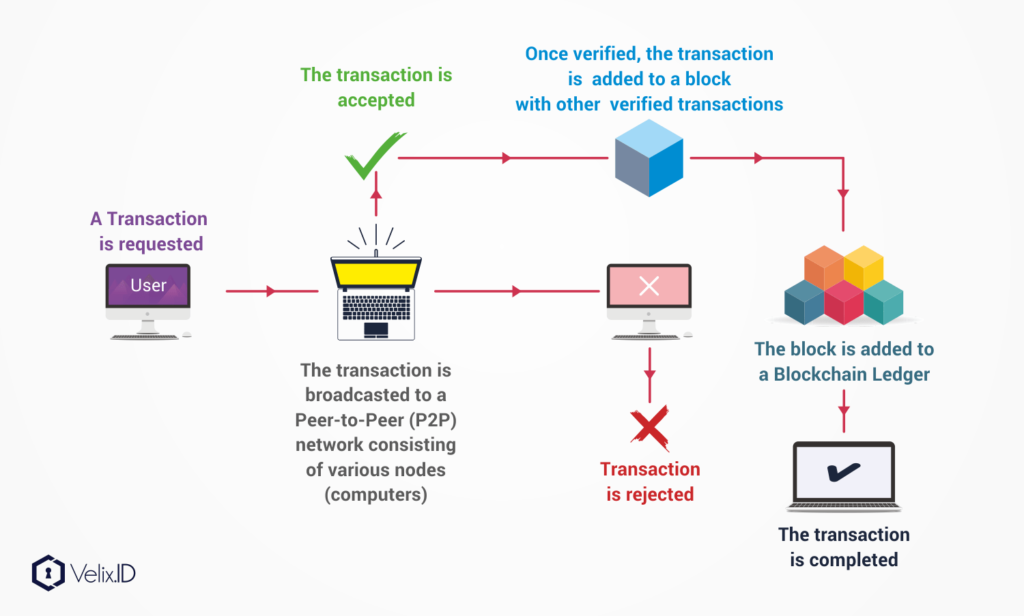
The Arbitration Court of the Omsk Region officially recognized as legitimate the transaction for the sale of petroleum products using distributed registry technology. This is stated in the court decision of May 27, 2019.
In August 2018, Petroleum Trading LLC and its buyer entered into a transaction for the sale and purchase of petroleum products through the blockchain platform Proleum. The parties agreed on the possibility of drawing up and signing additional agreements in the form of an electronic document – blockchain-contract.
Under Russian law, an agreement in writing can be concluded, including by drawing up electronic documents, that is, information sent by electronic means and signed with an electronic signature. In this case, an electronic document is recognized as equivalent to a paper document.
“Under these circumstances, the court recognizes the claims of Petroleum Trading Limited Liability Company for damages to be lawful, reasonable and fully subject to satisfaction, ” reads the court’s ruling.
Representatives of Petroleum Trading note that this is the first judicial decision concerning the conclusion of blockchain transactions using smart contracts and a digital signature.
“This is certainly an important historical event on the path of digitalization of the Russian economy – the first judicial precedent in the use of blockchains. It is indicative that the existing legislation, while the law on cryptocurrencies and blockchain in development, is quite enough to introduce innovations on an industrial scale, ”commented the decision of the court, Petroleum Trading managing partner Maksim Dyachenko.
At the same time, the experts met this news with rather skepticism, noting that this trial is unlikely to have a strong impact on law enforcement practice in the blockchain sphere.
“This issue has long been settled in domestic law. The parties may conclude an additional agreement to the contract by exchanging emails or even SMS. The fact that the platform with elements of the blockchain does not create a significant legal precedent to conclude an agreement, ”said Mikhail Uspensky , a partner at the law firm Taxology, a member of the Commission for the Legal Support of the Digital Economy at the Moscow branch of the Russian Bar Association.
In turn, the CEO of Legium, a teacher of the BCL program, Ivan Khaustov, questioned that the blockchain technology was generally used at the conclusion of the deal in question.
“From the text of the decision it is clear that the parties first concluded a regular transaction in 2016 and only then, in an additional agreement in 2018, provided for the possibility of drawing up and signing the annex to the contract in the form of an electronic document (blockchain contract) signed with a simple electronic signature.
That is, you could just as well exchange emails with the same success. Probably, this is how it works: the court refers to the clause of the contract, according to which the supplier must send an offer to purchase goods from his official e-mail to the official e-mail. And if the buyer does not declare in return letter the refusal to sign the application before 17.00 Moscow time, the agreement will be considered signed. Honestly, I don’t see where the blockchain is in this scheme.
In addition, it is very embarrassing that the PROLEUM platform itself, on which blockchain contracts were allegedly concluded, belongs to the plaintiff Petroleum Trading LLC, ”noted Haustov in a comment to BlockchainJournal magazine.
Recall that the launch of the Proleum platform for carrying out transactions using the blockchain technology took place in July 2018 . The current version of the platform does not imply the use of cryptocurrency.
Follow BlockchainJournal on Twitter !
BlockchainJournal.news
BlockchainJournal.news


